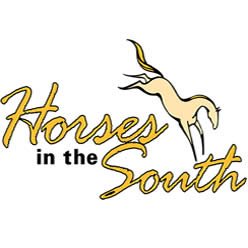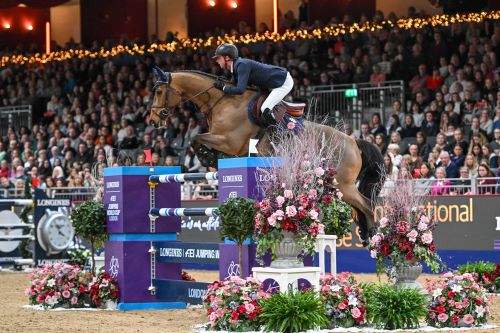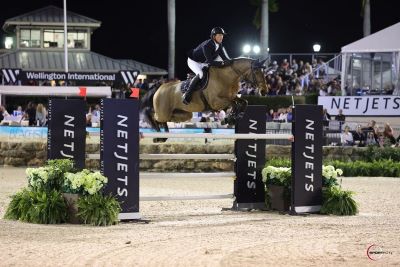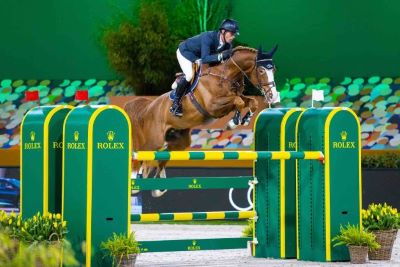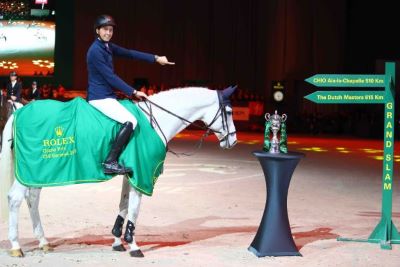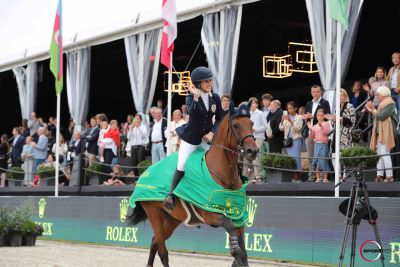Decorated Olympian Ben Maher Announced as London International Horse Show Ambassador
Three-time Olympic gold medallist, Ben Maher, has been announced as an Official Ambassador of the 2024 edition of London International Horse Show, which this year runs from 18-22 December at ExCeL London. The British Show Jumper, who is currently ranked World No. 2, was part of this summer’s gold medal winning team at the Paris…
